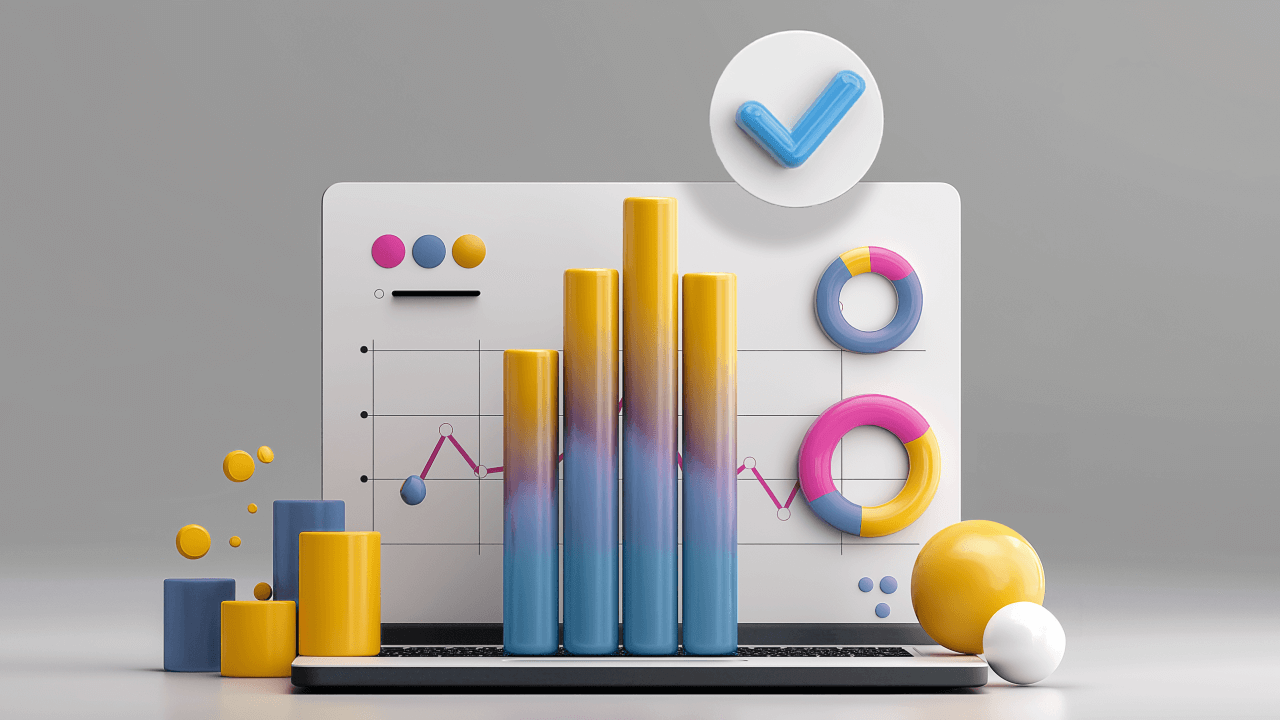10 reporting tool features your business can’t do without

Every business needs accurate and up-to-date information in order to make sound decisions because, in today’s ever-changing business landscape, the ability to make informed decisions quickly can be the difference between success and failure.
Welcome to the world of business intelligence (BI) reporting tools. BI reporting tools allow businesses to collect and analyze data so they can make better decisions.
There are many different types of BI reporting tools on the market, but not all of them are created equal. When choosing a BI reporting tool for your business, there are certain features you should look for to ensure that it meets your needs.
In this article, we will walk you through 10 of the most important features that any BI reporting tool should have. But first, we will look at what BI reporting tools are and why they are so important.

What is a BI reporting tool?
Business intelligence has changed a lot over the past few years, but at its core, BI is all about turning data into insights that businesses can use to make better decisions.
A BI reporting tool is a software application that helps businesses collect, analyze, and visualize data so they can make more informed decisions. There are many different types of BI reporting tools on the market, but not all of them offer the same features and functionality.
When choosing a BI reporting tool, it’s important to consider which features are most important to your business. To help you make the best decision for your business, we have compiled a list of essential features that any BI reporting tool should have.
1. The ability to connect to diverse data sources
One of the most critical features of a BI reporting tool is the ability to connect to data sources. In order to make informed decisions, businesses need to be able to access all the relevant data regardless of where it resides.
A good BI reporting tool should offer the ability to connect to a variety of data sources, both internal and external. This includes databases, spreadsheets, text files, cloud-based applications, social media platforms, and more.
If your reporting tool doesn’t offer this feature, you’ll likely end up with incomplete data sets that can lead to inaccurate insights and poor decision-making. This can lead to costly mistakes that could have been avoided if you had access to all the relevant data.
2. The ability to handle large data sets
Another important feature of a BI reporting tool is the ability to handle large data sets. As businesses grow, so does the amount of data they generate, as well as the amount of data they need to collect and analyze.
A good BI reporting tool should be able to handle large data sets without slowing down or crashing. This is especially important if you need to generate reports on a regular basis.
If your reporting tool can’t handle large data sets, you’ll likely run into problems down the road as your business grows and the amount of data you need to collect and analyze increases.
3. Flexible reporting options
Another key feature of a BI reporting tool is flexible reporting options. Businesses need to be able to generate reports in a variety of formats so they can address business questions of all types.
A good BI reporting tool should offer a variety of report types, such as pie charts, bar charts, line graphs, and heat maps. It should also allow you to customize reports so they can be tailored to your specific needs. Having the ability to add summary numbers to charts is also a nice feature that can quickly convey an important piece of information.
4. The ability to schedule reports
A reporting tool should offer the ability to schedule reports. This is a critical feature for businesses that need to generate reports on a regular basis, such as weekly or monthly.
Scheduling reports ensures that you always have the most up-to-date data and eliminates the need to manually generate reports each time you need one. It also frees up employees to spend time on other essential tasks.
5. The ability to share reports
Another important feature of a BI reporting tool is the ability to share reports. This is a critical feature for businesses that need to collaborate with others in order to make decisions.
A good BI reporting tool should offer multiple sharing options, such as email, PDF, Excel, and PowerPoint. An even better BI reporting tool offers the ability to share reports with other users within your organization’s BI tool instance.
It’s important to look for a BI reporting tool that lets administrators set permissions based on users’ roles to restrict the content they can see.
6. The ability to export data
Another key feature of a BI reporting tool is the ability to export data. This is a critical feature for businesses that need to share data with others or use it in other applications for further analysis.
A good BI reporting tool should offer multiple export options, such as CSV, XML, and JSON. It should also allow you to export data in a variety of formats, such as Excel, PDF, and PowerPoint.
Some BI reporting tools offer the ability to embed visualizations within other applications and environments, ensuring that they remain dynamic and users have access to real-time updates in the data.
7. The ability to create custom reports
A good BI reporting tool should offer the ability to create custom reports. This is a critical feature for businesses that need to generate reports that are not available out-of-the-box.
Creating custom reports allows you to tailor reports to your specific needs, so you can get the information you need to make better decisions.
A perfect way to envision this would be if you run a website and want to see not just how many people visit your site but also where they come from, what pages they view, how long they stay on each page, and what actions they take.

8. The ability to create dashboards
The bread and butter of modern BI reporting tools is the ability to create dashboards. This is a critical feature for businesses that need to quickly and easily see key data points at a glance.
A dashboard is a visual representation of your data that allows you to see how your business is performing. A good dashboard should be highly customizable so you can tailor it to your specific needs.
9. The ability to interact with visualizations
In addition to visualizing data, a good BI reporting tool should allow you to interact with it. This is a critical feature for businesses that need to drill down into their data to get the information they need.
Interactive features, such as filters and drill-downs, allow you to quickly and easily see the specific data you’re interested in. For example, let’s say you want to see how your website’s traffic has been over the past month in terms of unique visitors.
10. The ability to centrally store data
A business intelligence reporting tool’s primary job is to visualize data effectively, but a bonus feature that full-stack BI tools have is the ability to bring in data from a variety of sources and then store it in a data warehouse.
This eliminates the need to keep track of your data in another system that you’d have to access every time you needed to build a report. Storing your data in the same system where you build visualizations streamlines the reporting process.
The bottom line
Reporting tools are essential for businesses that need to collect and analyze data. These 10 features are some of the most important ones that should be included in any reporting tool.
The market has plenty of options for you to choose from, so make sure you pick a tool that has all the features you need. When you can unlock the power of your data, you’ll be able to make better decisions and take your business to the next level.
Domo transforms the way these companies manage business.








